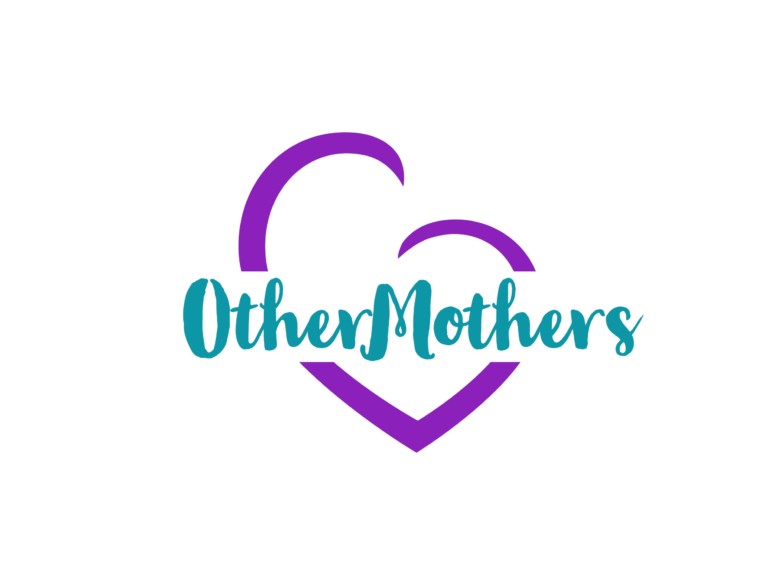
Ask someone to explain anger, how it makes them feel, what causes it, and how it manifests and I’m sure they could describe it perfectly, how it bubbles up inside you and is all consuming. Now ask someone to explain the feelings of happiness, how to tell if a person is happy…. what they do…. how they react, things they say and I’m sure it’s a similar story….. easy to describe right? But ask someone about love and the whole system collapses.
Suddenly we’re not so sure, suddenly we don’t know if love is a feeling or action, if we should talk about it in terms of our ability to love others or their ability to love us. And the topic itself has the potential to leave us vulnerable…..
It seems that love is truly unique! Unlike other emotions which are fleeting and changeable, we are expected to love, well, indefinitely. In fact more often than not, a fleeting fancy or friendship that was held dear for a very short amount of time, is often dismissed, once we’ve moved on from it as ‘not being love’….. even if we were convinced at the time it was the real deal.
Imagine saying, ‘oh i wasn’t angry’, when you’ve calmed down, or ‘I wasn’t really happy’ when the fun situation has passed. Doesn’t that seem ludicrous? Love clearly doesn’t dance to the same logic as other emotions.
Our OtherMothers task this month explores this concept of love, by asking a diverse range of mothers in our community to share their experiences and stories with the following statement..
‘What love means to me’
I don’t know what I was expecting, but this has been, by far, the toughest task I’ve ever had to write up ….. but why? Well, the one thing I identified from the responses is the collective agreement that love is kinda complicated to explain. It’s no surprise that the Ancient Greeks have seven words for it:
Eros: sexual desire and passion
Philia: platonic love friendship
Ludus: Flirtatious love
Pragma: Longstanding love and commitment
Agape: unconditional for all
Philautia: self love
Storge: Parental love
When you begin to break down love into these elements everything makes a lot more sense. The way we experience love and express it depends on how these seven elements have been modelled to us throughout our lives. From our parents to our peers, past relationships and childhoods…The collective term ‘love’ is a disservice to the many forms of affection and commitment to those in our life.
14 mothers took part in this months task, that’s 98 different experiences of ‘Love’. No wonder we all define it, express it and experience it differently…….
Anger on the other hand is one word in Ancient Greek! Ogre!
#OtherMothers Below you will find an interactive list of what love is according the mothers in our Facebookcommunity (click twice on an image to read more).
And if you’re thinking ‘but none of these mothers or their views represent me’, then come and join us, get your voice heard and share your unique perspective.’ Or take part in our next task…..
February : If I had 1 million followers

Peanut and Sprout
Instagram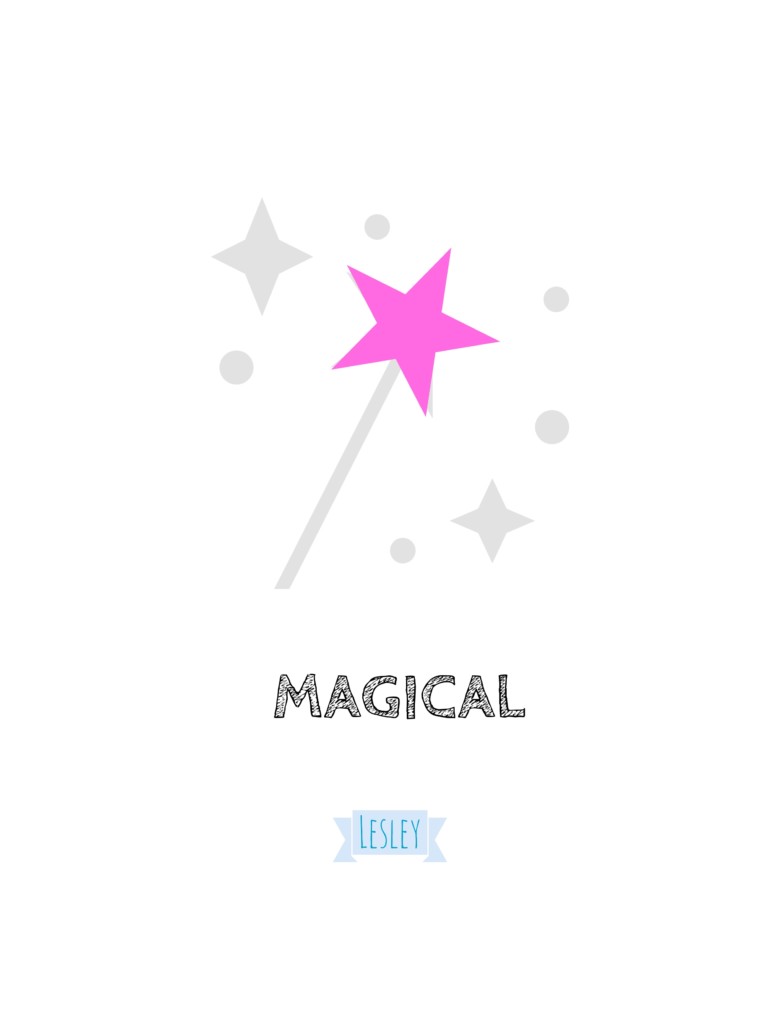
The HappyHolladays
Blog
Life of all that is Perry
Instagram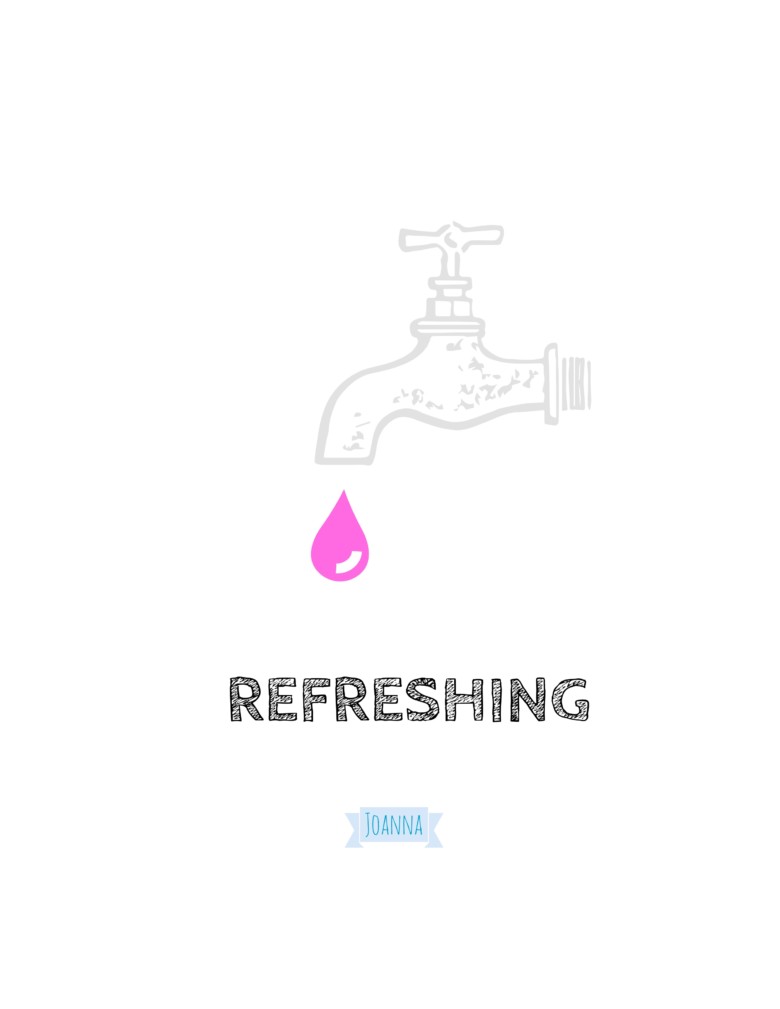
Wandering Pram
Twitter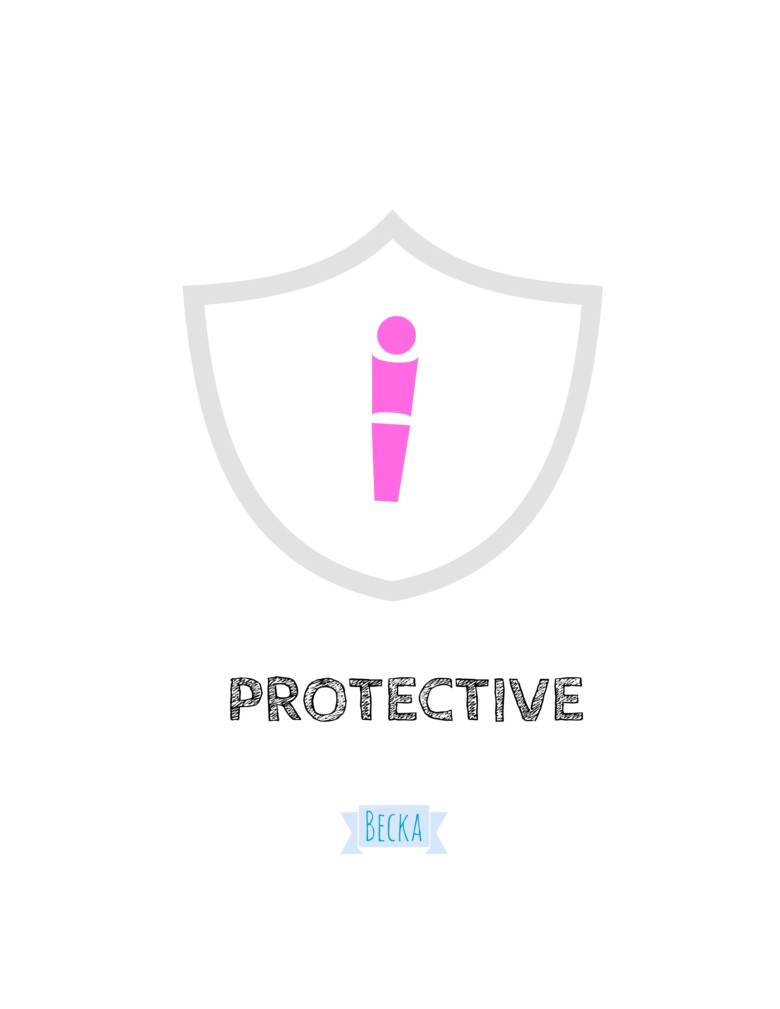
Mummy est 2014
Blog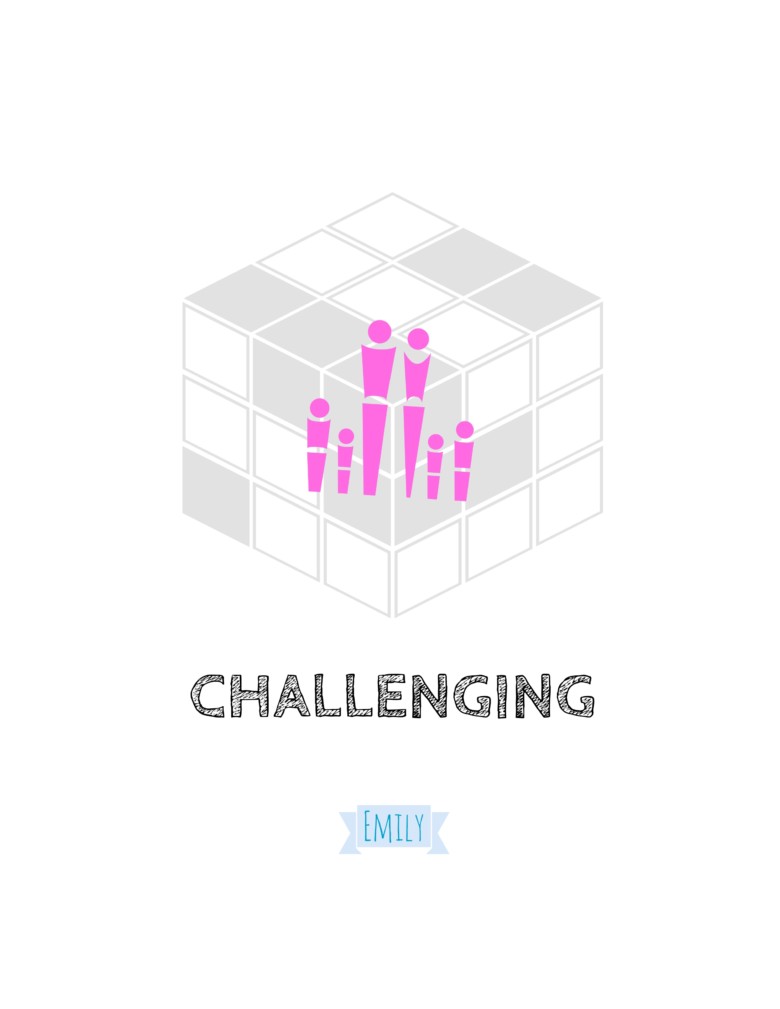
A Slummy Mummy
Instagram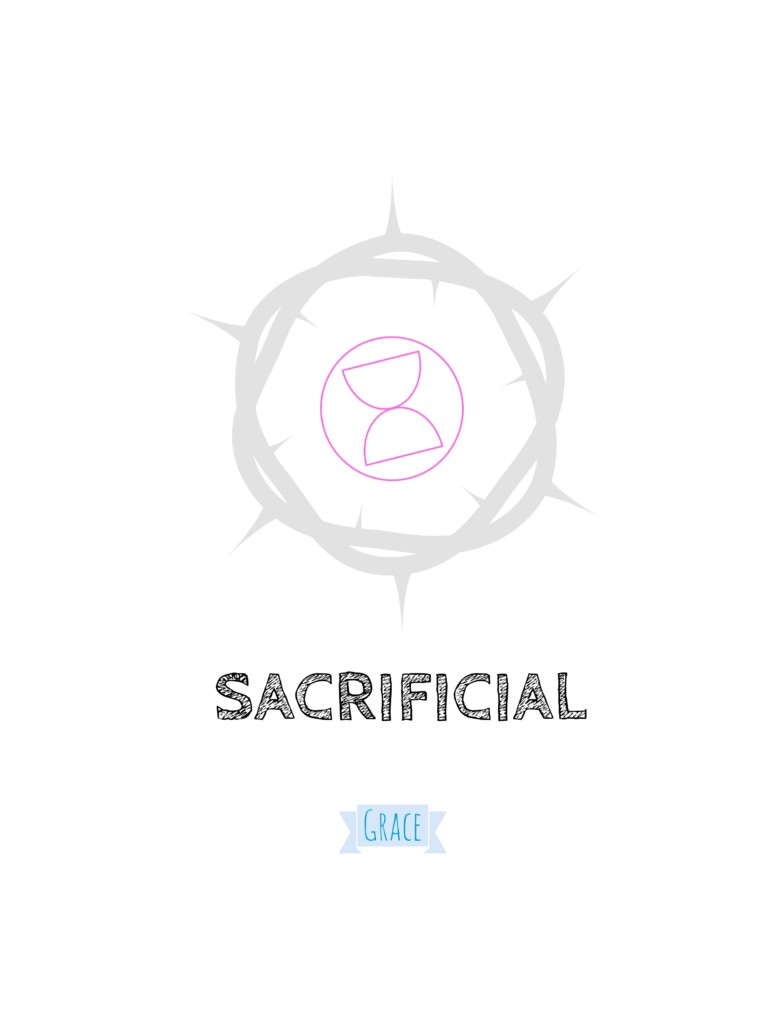
Everything Beautiful
Blog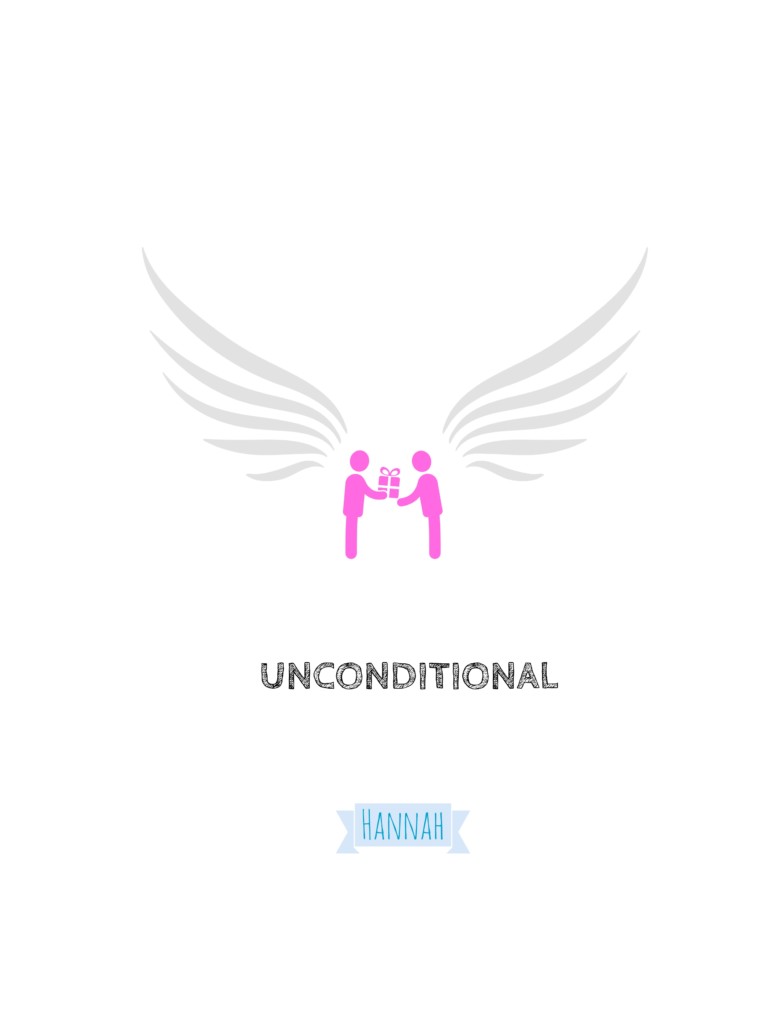
The Swirls Clam
youtube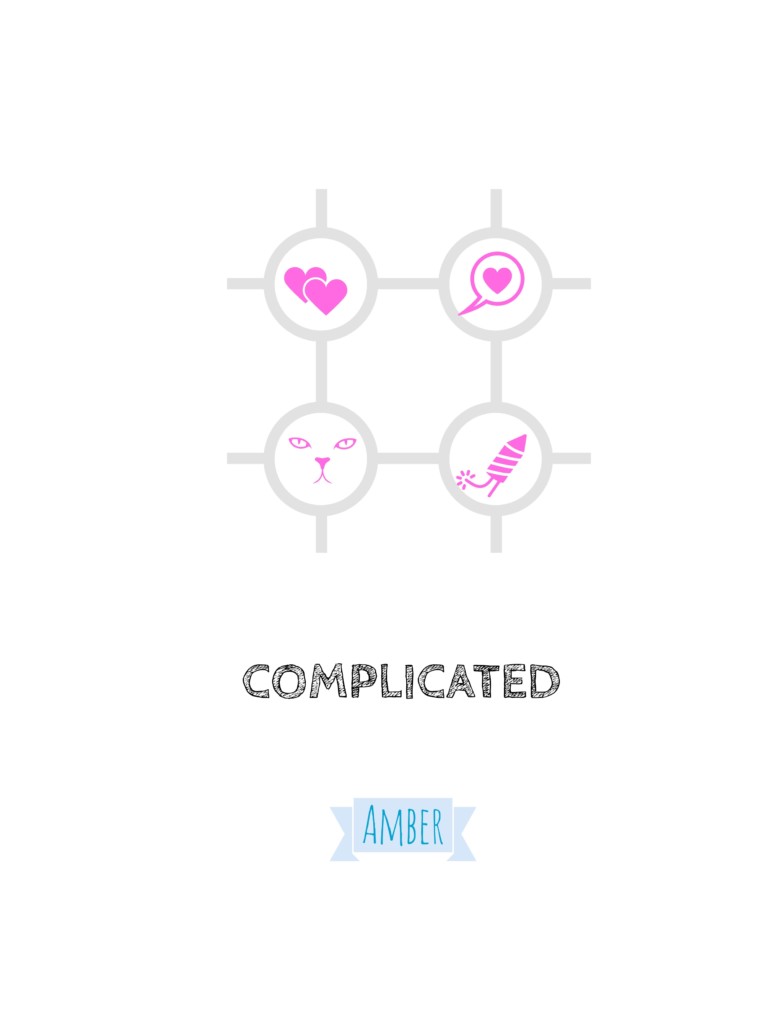
Amber Talks
YouTube
Suzi Vlogs
Instagram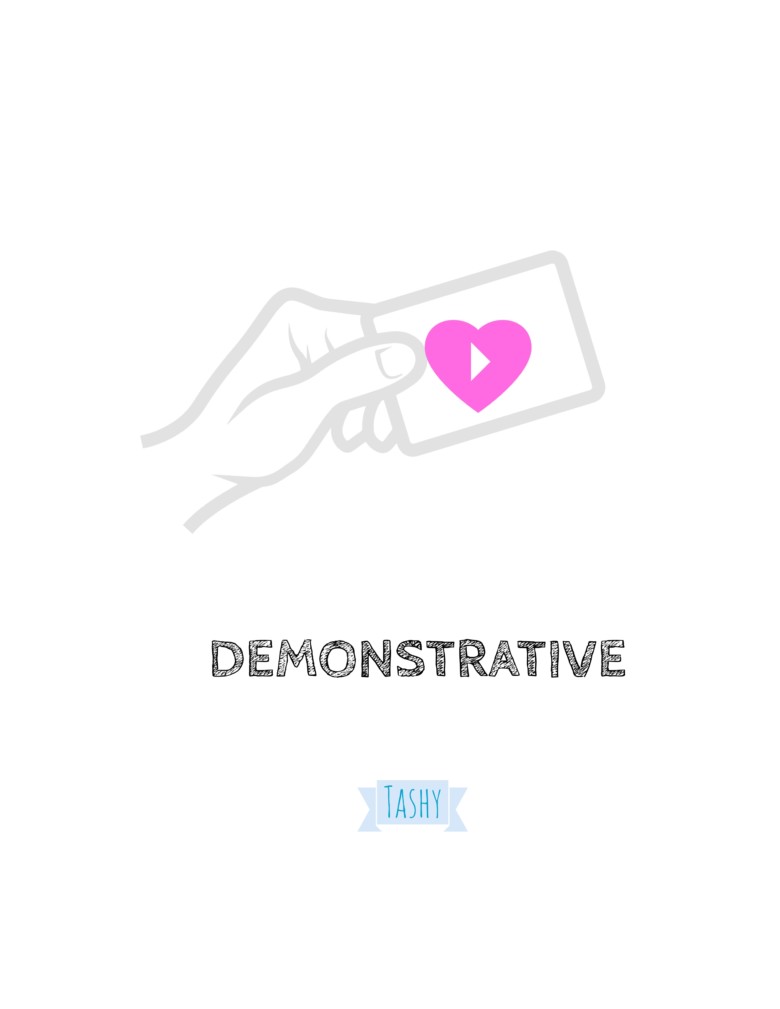
A Mummy’s Tale
YouTube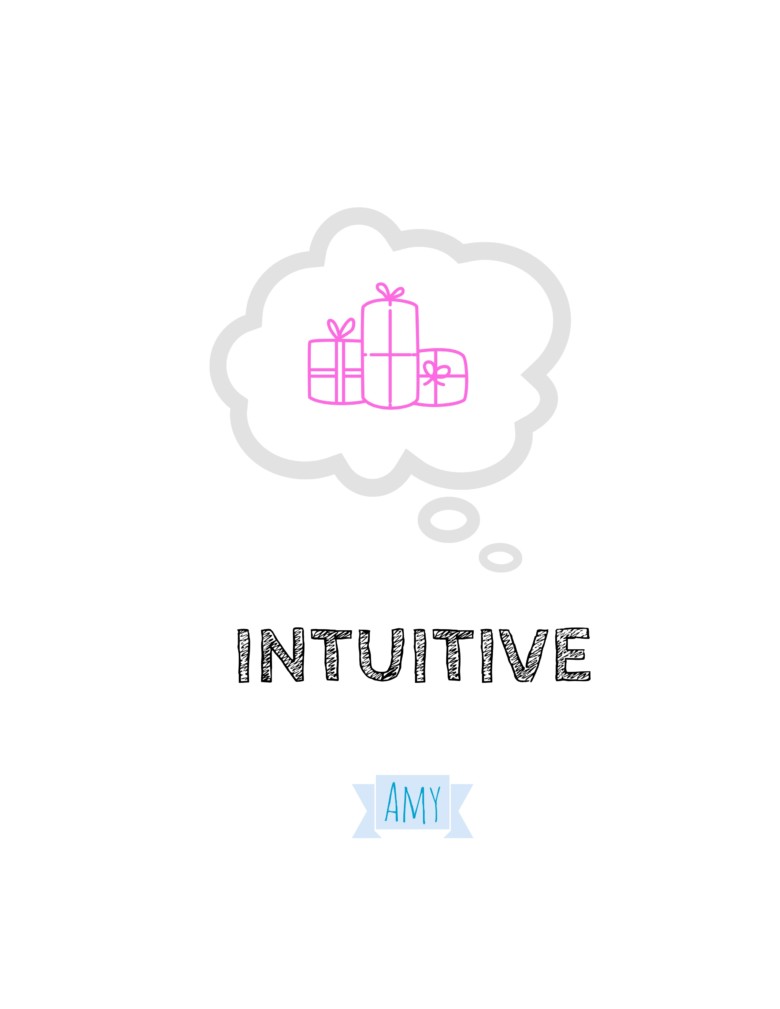
Mama Mighalls
Blog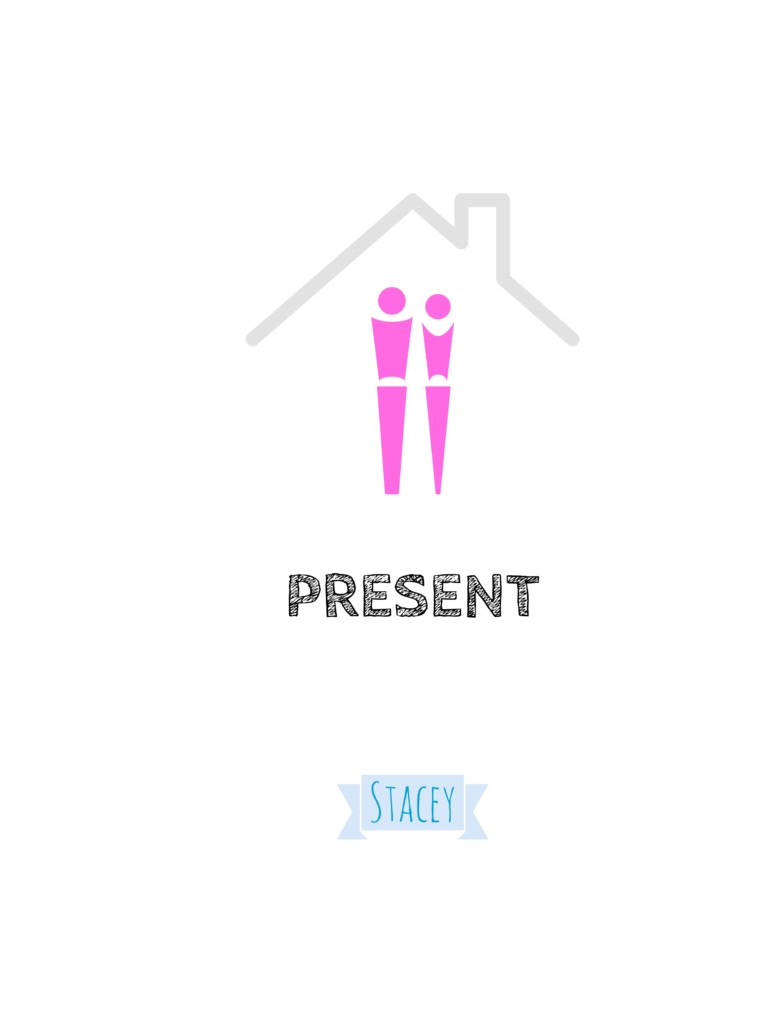
The Roskilly’s
Blog
Diary of a home ed life
Blog
